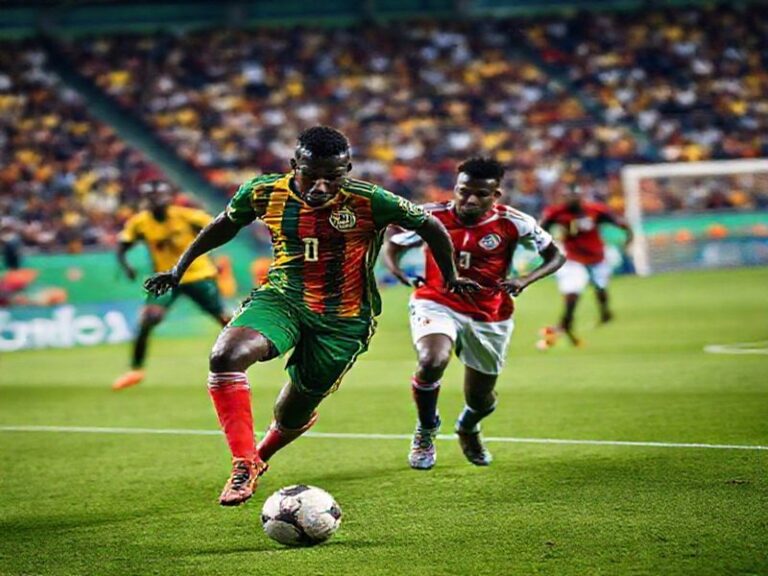Sam Morsy: The Egyptian-English Midfielder Quietly Dismantling Nationalism One Tackle at a Time
Sam Morsy: The Egyptian Midfielder Quietly Reminding the World That Borders Are Just Suggestions
By the time most people finish their second coffee, Sam Morsy has already crossed three time zones—figuratively, of course, but that’s the life of a man whose passport looks like an international ransom note. Born in Wolverhampton to Egyptian parents, molded in the English lower leagues, and currently captaining Ipswich Town while wearing the captain’s armband for the Egyptian national team, Morsy is the living embodiment of globalization’s least fashionable export: the competent, no-nonsense defensive midfielder who does his job so efficiently that no one bothers to mythologize him. In a world increasingly obsessed with branding, Morsy is the anti-influencer, a man whose highlight reel mostly consists of breaking up counter-attacks with the cold precision of a Swiss customs officer.
To understand Morsy’s international significance, one must first accept the grim comedy of modern football: nations now outsource their patriotism to whichever mercenary can legally qualify and emotionally commit. Egypt, a country whose political stability is measured in World Cup qualifications, has embraced Morsy as a sort of defensive life raft—a player who tackles like he’s personally offended by the concept of open space. When he debuted for the Pharaohs in 2016, Cairo’s cafes didn’t erupt in fireworks; they simply nodded in collective relief that someone, anyone, could still mark a man. In a region where geopolitics often feels like a relegation battle, Morsy’s reliability has become a national security asset.
Meanwhile, the English football establishment—forever caught between Brexit paranoia and its desperate need to claim credit for anything remotely successful—has watched Morsy’s rise with the sort of polite confusion usually reserved for discovering that the local kebab shop now accepts cryptocurrency. Here’s a player developed entirely in England’s lower-league crucible, yet representing a country most pundits couldn’t find on a map if it came with oil reserves labeled. The irony isn’t lost on anyone except the pundits themselves, who are too busy arguing about whether Declan Rice’s hair gel has tactical implications.
Globally, Morsy’s career arc serves as a quiet rebuttal to the increasingly hysterical nationalism sweeping football discourse. While politicians build walls, Morsy just passes through them—legally, professionally, and without the theatrical despair that usually accompanies such crossings. His story is less about multiculturalism as a hashtag and more about the mundane reality that talent, like water, finds its own level regardless of what flag happens to be flying overhead. In an era where athletes are pressured to become brand ambassadors for whatever cause pays the most, Morsy’s greatest rebellion is simply being good at his job without pretending it’s a metaphor for anything grander.
The broader implications are almost comically obvious, which is probably why nobody talks about them. Every time Morsy intercepts a pass for Egypt, he’s inadvertently proving that identity is less about where you’re from and more about where you’re useful. Every time he captains Ipswich, he’s reminding small-town England that their local hero might just be someone’s Cairo savior. And every time he quietly signs another contract extension instead of orchestrating a dramatic transfer saga, he’s defying an industry that treats human beings like leveraged buyouts.
In the end, Sam Morsy isn’t just a footballer—he’s a walking contradiction to every lazy narrative about belonging. He’s simultaneously proof that national teams can still matter and evidence that they probably shouldn’t. He’s the player who makes you realize that all those heated debates about heritage and loyalty are just elaborate ways to avoid admitting that sometimes, a good tackle is just a good tackle. And in a world increasingly defined by performative outrage and manufactured identity, that might be the most radical thing of all.







